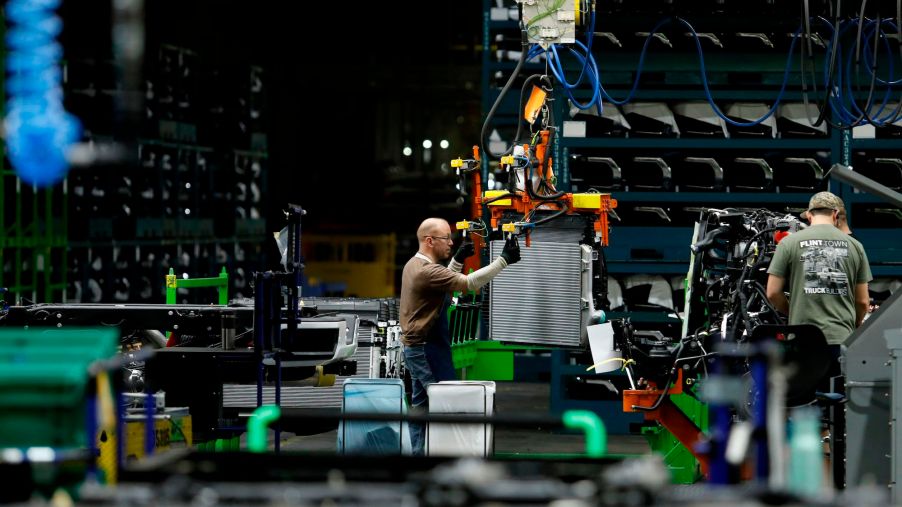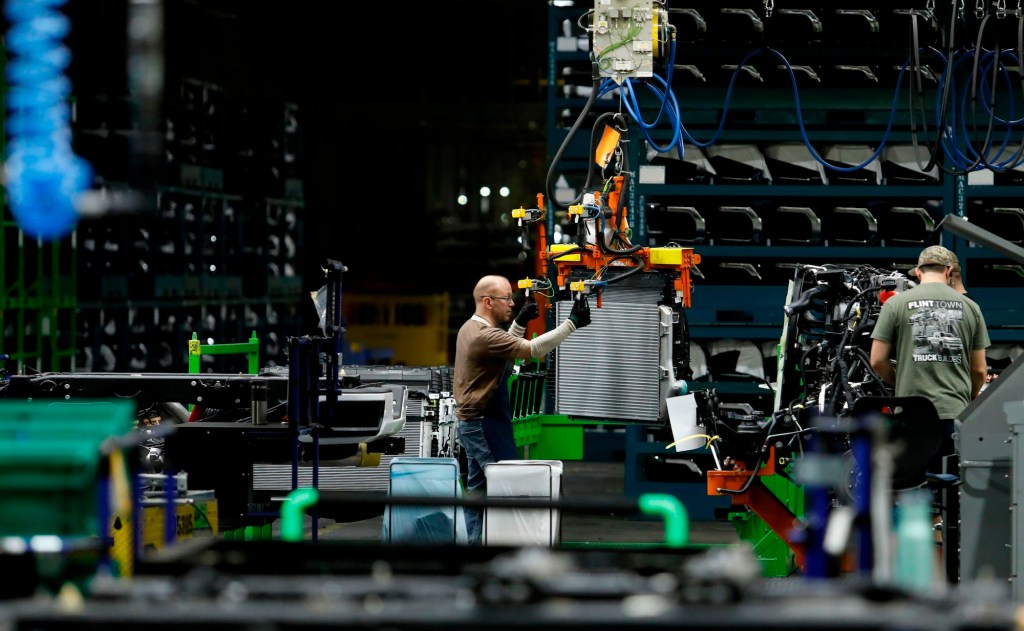
Pause on Pickups: GM Stops Production on Full-Size Trucks Due to Chip Shortage
Electronics make life easier by streamlining and speeding up processes. But they can also bring the auto industry to a screeching halt. The recent chip shortage proves that, and it has forced General Motors to pause truck production.
When the chips are down, so is auto production

Though semiconductor chips make vehicles run more efficiently, their scarcity has wreaked havoc on automakers such as General Motors. The question is, how did this all happen?
It all boils down to COVID-19, Detroit Free Press reports. When the pandemic hit, many people rushed out to buy laptops, monitors, and other tech gadgets that use chips. This was because many people suddenly found themselves working and studying remotely.
The tech industry wasn’t expecting this sudden influx in demand, and it couldn’t keep up. Though other parts of the economy are slowly recovering, chip production is still down. And it’s significantly affecting some automakers, including GM.
The chip shortage has hit GM hard
GM has been forced to shut down production at some of its truck assembly plants, The Drive reports. They include the Flint, Fort Wayne, and Silao facilities. General Motors hopes to reopen those plants soon, but there’s no guarantee when.
GM’s Flint plant will continue assembling trucks, but only for one shift a day. The Fort Wayne and Silao plants will go idle. These factories are responsible for building GM’s top-selling trucks: the Chevrolet Silverado and GMC Sierra.
The news couldn’t come at a worse time for General Motors. We recently reported that the American car company is no longer the best-selling automaker in America. Toyota, which was better prepared for the chip shortage, took the title from GM.
To continue churning out new trucks, GM has decided to cut back — not on employees, though some will be unable to work while the plants lay idle. No, GM is cutting back on in-vehicle features such as HD Radio integration, auto start-stop systems, and wireless charging.
Some potential owners might not care and will buy the trucks despite the lack of fancy extras. Still, others will balk at spending their hard-earned money on a truck without all the expected bells and whistles.
Given that trucks and SUVs are selling faster than sedans, GM will likely feel the pain for months to come. But is there a chance the chip shortage to end soon?
Is there hope in sight for GM and other automakers?
Unfortunately, no. The pandemic continues to hit several parts of the world hard, and we’re still not sure how the Delta variant will affect things. We know far more than we did this time last year, but there’s still much to learn.
That said, many plants are still being shut down, and consumer demand is higher than ever. When chips are produced, there’s a race among carmakers to grab more. There’s not enough to go around, and some automakers are reeling from the lack of products.
In time, the pandemic should begin to cool down, and production may increase to normal levels. But even if that happens soon, it will still be months before production levels meet the demand. Until then, either hold onto your used vehicle or settle for a less tech-savvy truck. If you can find one, that is.


